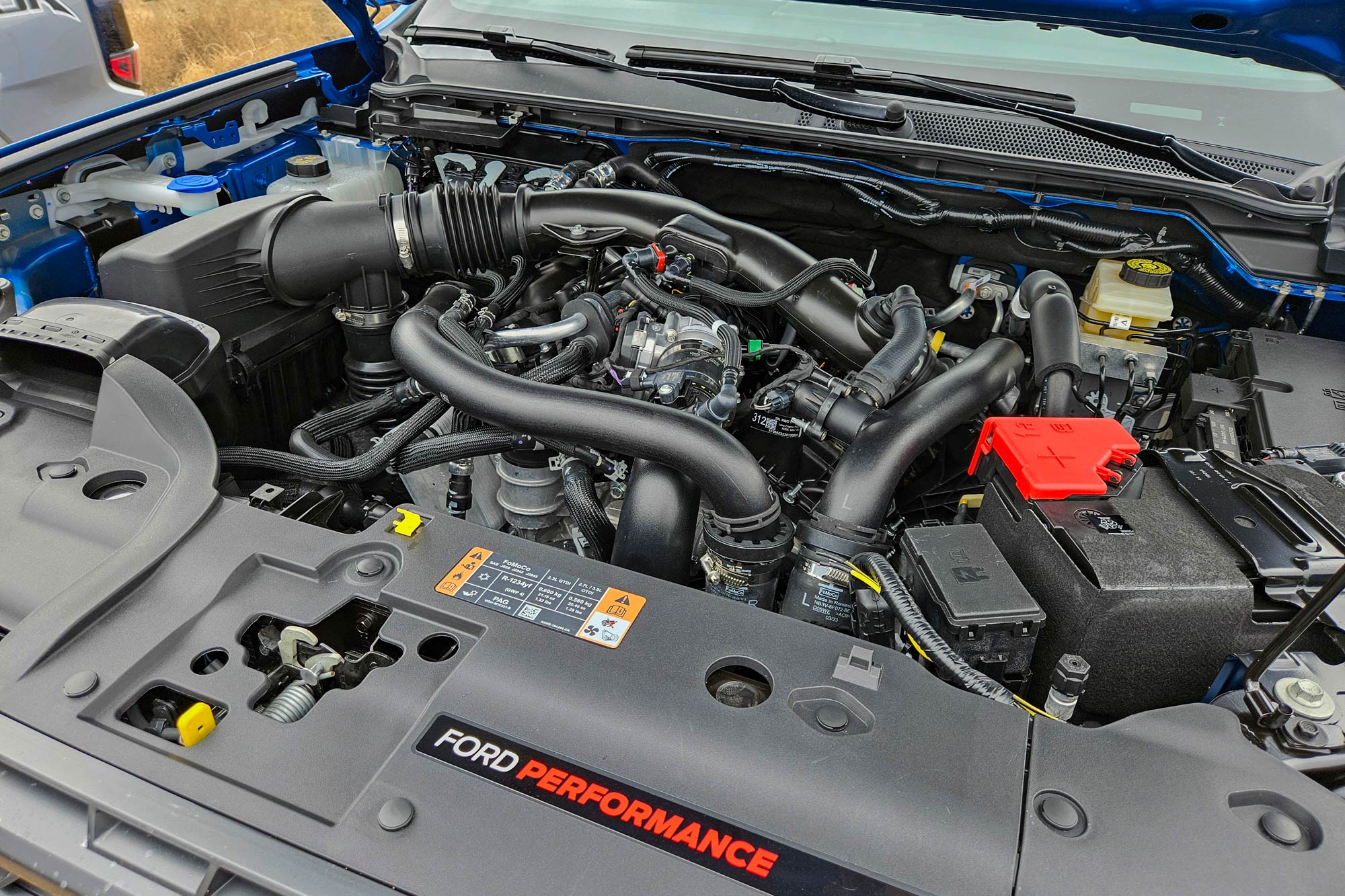The 2.2 Ford Ranger Engine: Ideal for Towing, Off-Roading, and Everyday Use
The 2.2 Ford Ranger Engine: Ideal for Towing, Off-Roading, and Everyday Use
Blog Article
What Makes an Automobile Engine Run Efficiently: Top Tips for Optimal Treatment
The smooth procedure of a car engine is fundamental to both efficiency and long life, making optimum treatment a vital obligation for car owners. What specific actions should you focus on to guarantee your engine continues to be in peak condition?
Routine Oil Changes
One of one of the most critical facets of auto upkeep is ensuring your engine receives regular oil adjustments. Engine oil lubes inner parts, lowers rubbing, and aids preserve ideal operating temperature levels. With time, oil weakens because of heat, contaminants, and the natural byproducts of combustion, leading to decreased efficiency and potential engine damages.
A lot of producers recommend altering the oil every 5,000 to 7,500 miles, but this period can vary based upon driving conditions and oil type. Synthetic oils might allow for longer periods between modifications. Regular oil modifications not only enhance engine efficiency but additionally enhance gas efficiency, as clean oil advertises smoother operation.
Ignoring oil changes can lead to sludge build-up, which impairs flow and can lead to serious engine concerns. It is vital to inspect oil degrees frequently and monitor for any type of uncommon adjustments in color or consistency, which might show contamination or degradation.

Keeping Coolant Degrees
Maintaining proper coolant levels is vital for protecting against engine overheating and guaranteeing optimum performance. The coolant, generally a blend of water and antifreeze, distributes via the engine, taking in warm and protecting against thermal tension. Not enough coolant can result in enhanced engine temperatures, which may cause severe damage and even total engine failing.
To keep optimum coolant degrees, consistently evaluate the coolant storage tank, generally situated in the engine bay. Make sure the coolant is filled up to the suggested mark, as indicated in your vehicle's owner guidebook. It is suggested to check the degrees at the very least when a month or previously long journeys, especially throughout severe climate condition.
If you notice that the coolant degree is constantly low, there may be a leakage in the cooling system, which ought to be addressed without delay to protect against additional complications. 2.2 ford ranger engine. In addition, purging the coolant system Recommended Site every a couple of years can assist remove any kind of collected particles and ensure reliable warm exchange
Monitoring Air Filters

It is index suggested to examine the air filter every 12,000 to 15,000 miles, or much more regularly if driving in dusty or damaging problems. An easy aesthetic inspection can commonly reveal whether the filter is filthy or harmed. If the filter appears tarnished or has noticeable dirt accumulation, it needs to be replaced immediately.
Using a high-quality air filter made for your particular car model can even more improve engine efficiency. In addition, some vehicles may take advantage of recyclable filters that can be cleansed and re-installed, giving a cost-effective and ecologically friendly alternative.
Inspecting Spark Plugs
Ignition system are important components of a car's ignition system, directly influencing engine efficiency and performance. They produce the stimulate that fires up the air-fuel mixture in the combustion chamber, promoting the engine's power generation. Normal assessment of ignition system is important for maintaining optimal engine feature and stopping prospective issues.
Dark residue or oil down payments can indicate inappropriate burning, while a white or blistered appearance might recommend getting too hot. Both conditions require prompt attention to stop additional engine damage.
It's recommended to inspect trigger plugs every 30,000 miles, or as recommended in your lorry's owner guidebook. Additionally, take into consideration replacing them according to the maker's guidelines, as used or old ignition system can bring about misfires, decreased gas efficiency, and boosted emissions.
Tracking Tire Stress
Under-inflated tires can lead to reduced gas efficiency, enhanced tire wear, and jeopardized handling. Routine surveillance of tire stress is essential for optimal car procedure.
Tire pressure must be examined at the very least once a month and before long trips. Utilize a trusted tire stress gauge to determine the pressure when the tires are chilly, ideally before the lorry has actually been driven for a minimum of 3 hours. Describe the automobile's owner handbook or the placard located on the chauffeur's side door jamb for the producer's recommended stress degrees.
It is necessary to keep in mind that tire pressure can vary with changes in temperature; a decline of 10 ° F can More Bonuses cause a 1-2 psi decline in pressure. Additionally, visually evaluate tires for any kind of indications of wear or damage throughout your surveillance routine. Preserving appropriate tire pressure not just boosts automobile safety but additionally enhances fuel performance and extends tire life, ultimately adding to a smoother engine efficiency.
Conclusion
In final thought, keeping an automobile engine's smooth procedure requires thorough focus to a number of vital factors. Eventually, an aggressive approach to engine treatment is essential for guaranteeing integrity and functionality over time.
One of the most important facets of vehicle upkeep is guaranteeing your engine obtains regular oil modifications. Engine oil lubes inner elements, reduces friction, and assists preserve optimum operating temperature levels. Regular oil changes not only enhance engine efficiency yet also enhance fuel effectiveness, as clean oil advertises smoother procedure.
Not enough coolant can lead to increased engine temperatures, which may cause severe damage or even overall engine failing.

Report this page